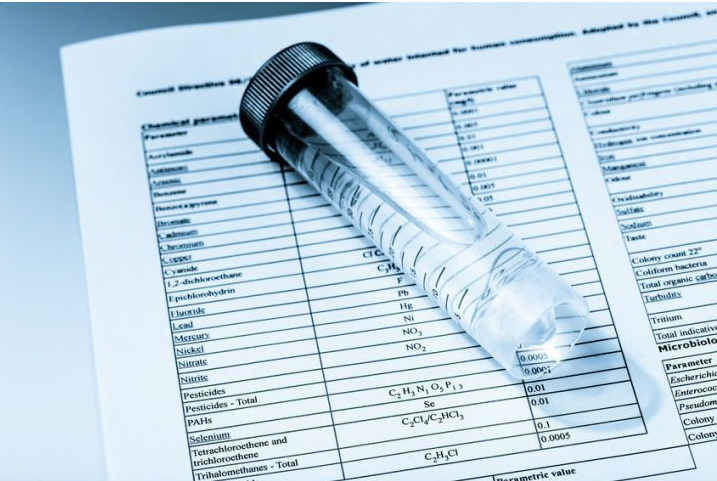As a common anion in water, the level of chloride ion directly affects the quality and safety of the water body, therefore, it is necessary to regularly test the level of chloride ion in water quality.The following section briefly describes which water qualities need to be tested for chloride levels to ensure that water quality standards are met and to protect the ecosystem and public health.

I. Drinking water
Reason: Excessive chlorine ions may cause water to taste bad and may have negative effects on human health.Long-term consumption of water with excessive chloride ions may lead to digestive discomfort, skin irritation, respiratory illnesses, etc.In addition, chlorine ions may combine with organic substances in water to form carcinogens, increasing the risk of cancer.
Methods: Use the test paper method, colourimetric method or ion-selective electrode method to quickly determine whether the chlorine ion content exceeds the limit.If it is found to be excessive, timely measures should be taken to deal with it, such as replacing the water source or using a water purifier.
II. Swimming pool water
Reason: The level of chlorine ions in swimming pool water needs to be maintained to ensure disinfection and to protect the health of swimmers.However, if the chlorine level is too high, it may cause irritation to swimmers' eyes, skin and respiratory system.
Method: Regularly test the chlorine ion content in swimming pool water using the test paper method or the colourimetric method, and adjust the disinfectant dosage according to the test results.Also, more accurate methods such as the ion-selective electrode method can be used for monitoring.
III. Industrial wastewater
Reason: Industrial wastewater may contain large quantities of chloride ions and other pollutants which, if discharged directly into the environment without treatment, will cause serious damage to the ecosystems of water bodies.
Methods: Before industrial wastewater is discharged, the chlorine content of wastewater should be rigorously tested using advanced detection methods such as gas chromatography and ion-selective electrode methods.Ensure that the chlorine ion content in the wastewater meets the national and local discharge standards before discharge.
IV. Domestic sewage
Reason: Domestic sewage may also contain some amount of chloride ions and other pollutants.If it is discharged directly into the environment without treatment, it can likewise have an impact on water ecosystems.
Methods: For the detection of chloride content in domestic wastewater, a similar detection method to that used for industrial wastewater can be used.At the same time, it can also be combined with other water quality indicators (such as chemical oxygen demand, biological oxygen demand, etc.) to comprehensively assess the degree of pollution of domestic sewage.
V. Natural waters
Reason: Chlorine ion levels in natural water bodies (e.g. rivers, lakes, etc.) are usually low and stable.However, if affected by factors such as discharges from chemical plants, discharges from sewage treatment plants, etc., chloride levels may rise and lead to contamination of water bodies.
Methods: For the detection of chloride content in natural waters, rapid on-site detection methods such as the ion-selective electrode method can be used.It can also be combined with other water quality indicators (e.g. pH, dissolved oxygen, etc.) to fully assess the quality status of the water body.If the chlorine ion content is found to exceed the standard or other water quality indicators are abnormal, it should be promptly reported to the relevant departments and appropriate treatment measures should be taken.
WinRun environmental protection production of laboratory benchtop water chloride (chloride ion) tester using thiocyanate spectrophotometric colourimetric method, in the textile, food, metallurgy, petroleum, chemical industry and other fields of wastewater discharge is also a lot of applications.Chlorides in these effluents can be effectively prevented from polluting the environment and groundwater sources.In addition, there are also portable and online chlorine ion monitoring equipment, for detailed product information can be directly contact customer service.
Overall, testing for excessive levels of chlorine ions in water is one of the most important aspects of ensuring safe water quality.It is crucial to choose the right testing method and frequency according to different water quality types and application scenarios.